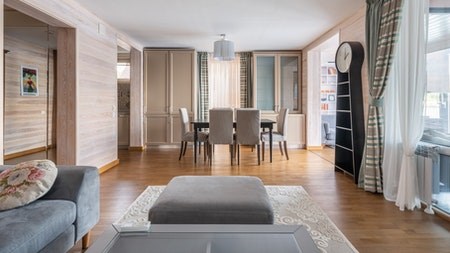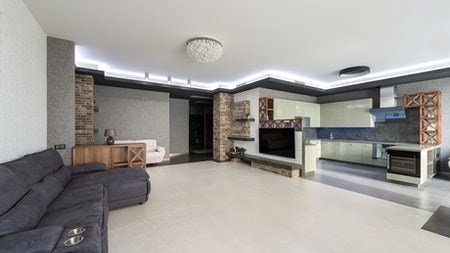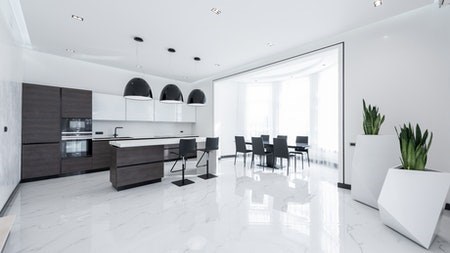After five consecutive quarters of steady decline, the first quarter of 2021 showed early signs of recovery with rental growth of 0.5% measured year on year.
PayProp’s Head of Data Analytics, Johette Smuts, says this is still far below the rental growth rate of 3.2% of the corresponding quarter of 2020.
Average rentals increased by just R33 - to R7 819 - between the first quarter of 2020 and the same quarter in 2021.
She says rental growth has been under pressure since 2018, with slow economic growth putting tenant finances under severe pressure. In addition, the increase in new residential developments added more stock to the market, resulting in higher vacancy levels.
“Looking back at growth rates from previous years, it seems unlikely that rental increases will approach 10% - as in 2013 - anytime soon,” says Smuts.
Slight tenant recovery
Another positive indicator in the first quarter index is that fewer tenants were in arrears, after an initial spike in 2020.
“In the first quarter of 2020, 19.4% of all tenants were in arrears, and this escalated to 24.9% in the second quarter – an increase of close to 30%,” says Smuts. “Seen in context, this was when lockdown was first enforced, leading to many tenants losing their incomes or being forced to take salary cuts.
“Then in June 2020, most industries reopened and tenants returned to work, resulting in a steady improvement in the percentage of tenants in arrears each quarter since then. Encouragingly, only 20.3% of tenants were in arrears by the first quarter of 2021.”
Smuts says South Africans are still in recovery from the financial implications of the pandemic and the lockdown. Many tenants who defaulted in 2020 are paying their full rent each month plus an additional sum towards the overdue rent.
“However, while the average arrears amount relative to rent has improved to 93.2% from its peak of 104.6%, this is still much higher than the 78.5% measured before lockdown.”
Agent views
In April 2021, PayProp commenced its second survey of SA estate agents to find out their perceptions of the state of the rental industry.
The top three challenges listed by agents were:
Rental arrears.
Conducting routine inspections at rental properties.
A significant increase in the struggle to find good tenants.
Smuts says the lack of good tenants is a result of many South Africans facing financial strain due to the Covid-19 pandemic. Also, a number of tenants in good standing have taken advantage of low interest rates to buy homes instead of renting.
“Rental agents have had to be creative to maintain cash flow, find tenants and keep mandates,” she says.
“The survey results show that 93% of respondents agreed to some form of alternative payment arrangement with tenants. This also clarifies why 60% of respondents reported an increase in time spent on monthly administration – revisiting payment arrangements can be very time-consuming.”
Almost two thirds of survey respondents confirmed that they had lowered their commission in order to retain mandates. This could negatively affect their businesses in the short and long term.
Rental deposits
Another risky move seen in the results was a 63% vote in favour of securing good tenants without a rental deposit, over average tenants with a deposit in place.
“Rental deposits exist to protect landlords against any damage to their properties and possible arrears, so it’s risky for agents to secure tenants without deposits,” says Smuts.
The future
The survey showed that even during one of the toughest years, only 15% of respondents seriously considered selling their agencies.
“The events of the past year have certainly steeled the resolve of property agents, and with much of the worst behind us, we can start to look forward to what the future holds,” says Smuts.




